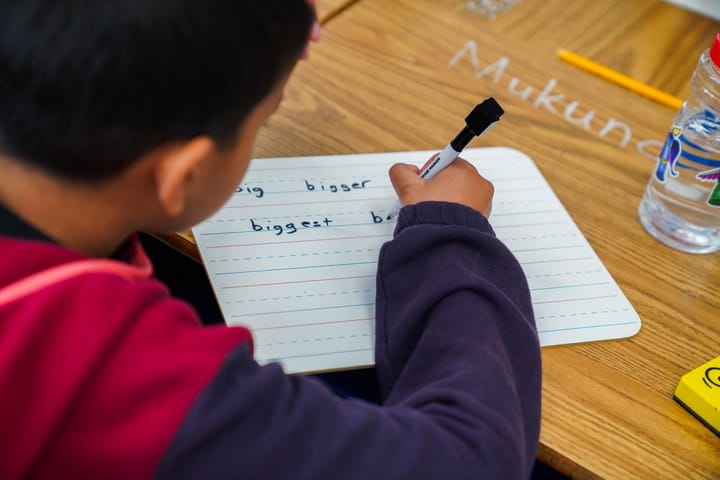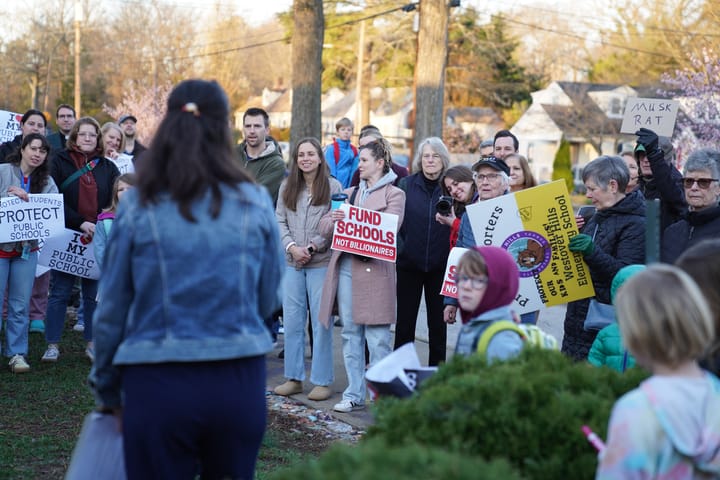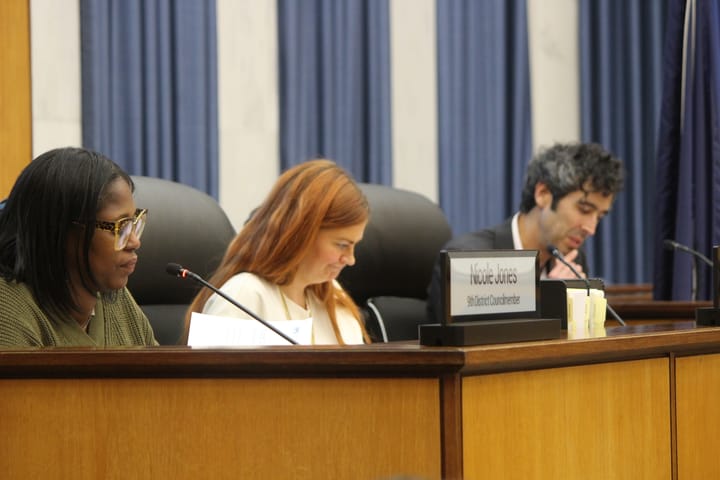
Facing budget realities, school board discusses where to find additional money
As the district comes to terms with the mayor’s proposed budget, Richmond School Board members are looking in other places to find additional funding for the coming school year.
Mayor Danny Avula announced late March a budget that provides $9.6 million in additional funding for city schools, on top of last year’s approximately $221 million contribution. That is significantly less than the $30.8 million additional requested in the superintendent’s proposed budget that the division sent to the city.
Superintendent Jason Kamras expressed gratitude for the additional funding, but followed up by saying “that funding is well short of what was anticipated.”
“It is a complicated picture,” he said.
Kamras said he wants to keep commitments to the collective bargaining agreements made with the division’s union, which total $16.5 million, to maintain staff. In order to do so, the district would have to identify reductions in other parts of the budget that provide an additional $7 million in funding.
“This is not going to be easy,” he told school board members Monday night.
Kamras proposed to school board members that the administration would begin to work on a revised budget plan prepared for May with suggestions from the board based on what has been offered by the city and state, while continuing to advocate for additional resources.
Richmond Education Association President Anne Forrester, head of the union representing RPS teachers, said that she was glad to hear that the superintendent aims to keep the collective bargaining agreement intact. But she now worries about “who or what will be cut,” she told board members Tuesday night.
Many of the additional items introduced to the upcoming budget have already been cut, including high school testing coordinators that allow counselors to focus on graduation support and raising teacher step increases – adjustment to wages to account for inflation – from 1.17% to 1.25%.
The Mayor’s budget also provides $2.5 million dedicated to improving school buildings, less than the $14.8 million requested, which Kamras said was expected and has been the case in previous years.
He said he understands the “many infrastructure needs in the city,” alluding to the water outage crisis that occurred in January, but said that the money does not go far.
“Just one elementary school roof could be somewhere between $1.5 and $2 million, so that money will go rather quickly.”

Other potential sources
Shortly after the superintendent’s remarks regarding the search for potential cuts, Cheryl Burke (7th District) asked about the district’s vacant property “that should be up for sale,” and other means that could fill the gap.
“We may have to creatively look at using what we have,” she said. “The likelihood of [us] getting $20 million more is unlikely.”
Wesley Hedgepeth (4th District), concurred with Burke, and further suggested that some smaller properties and lots owned by the district could be subdivided or shared.
Members of the vacant property committee pushed back on the idea of selling property. Stephanie Rizzi (5th District), who is the chair of the committee, said that the properties RPS owns aren’t “large-dollar properties.”
“I’m not sure property is going to be a big help for us,” Rizzi said.
She mentioned that smaller properties belonging to RPS, like the lots beside Lois Harrison-Jones Elementary School, are valuable for potential use for students. She advised that the property is “premium,” and that more property can’t be made once sold.
Vice Chair Matthew Percival (1st District), who is also on the vacant property committee, cautioned the board against selling vacant properties, suggesting that it is comparable to “selling our car to pay the month’s rent.”
“What are you going to do the following month?” he asked.
Percival also raised the possibility of potentially needing to build more schools years later with the property that remains as the city continues to experience rising population.
Percival and Kamras reminded the board that RPS cannot sell property but only surplus it to the city, which will then decide what to do with it. RPS can set intentions for property, like selling it for a certain amount of money.
Rizzi disliked the idea of selling properties and ultimately stated that the schools have been underfunded in the state for a long time.
“I don’t want us to feel like that somehow it’s fully our responsibility to meet the shortfall that doesn’t belong to us,” she said.
This article was updated to note that the 1.17% is for teacher step increases, not a raise.
Contact Reporter Victoria A. Ifatusin at vifatusin@richmonder.org







